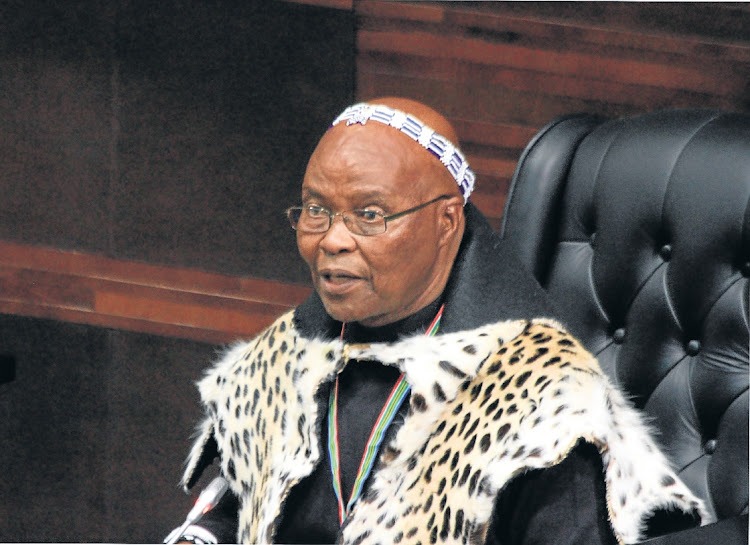This Content Is Only For Subscribers
The voting age has been a topic of debate for many years. Some argue that lowering the voting age would increase youth engagement in politics and give them a voice in decision-making processes. Others believe that the current voting age is appropriate and lowering it would not be beneficial. This article will explore the arguments for and against lowering the voting age.
Arguments in Favor of Lowering the Voting Age
Increased Youth Engagement
- Young people are affected by political decisions and should have a say in shaping their future.
- Lowering the voting age would encourage young people to become more politically active and engaged.
- It would give them a sense of responsibility and ownership over the decisions that affect their lives.
Education and Awareness
- Lowering the voting age would encourage schools to provide more comprehensive civics education.
- It would promote political awareness and encourage young people to become informed voters.
- Starting the voting process at a younger age would allow for a gradual understanding of the political system.
International Examples
- Several countries have already lowered their voting age to 16, including Austria, Scotland, and Argentina.
- These countries have reported positive outcomes, such as increased voter turnout among young people.
Arguments Against Lowering the Voting Age
Maturity and Responsibility
- Some argue that 16-year-olds may not have the maturity and life experience to make informed voting decisions.
- They may be easily influenced by others or lack the understanding of complex political issues.
- The current voting age ensures that individuals have reached a certain level of maturity and responsibility.
Lack of Political Interest
- Critics argue that lowering the voting age would not necessarily increase youth engagement in politics.
- Many young people may still not be interested or informed enough to participate in the voting process.
- It is important to focus on other ways to engage young people in politics, such as youth councils or political education programs.
Potential for Manipulation
- Lowering the voting age could open the door for political manipulation and exploitation of young voters.
- Political parties or interest groups may target young voters with misleading information or promises.
- Safeguards would need to be put in place to protect young voters from manipulation.
Conclusion
The debate over lowering the voting age is complex and multifaceted. While there are valid arguments on both sides, it is important to consider the potential benefits and drawbacks of such a change. Ultimately, the decision should be based on a thorough examination of the impact it would have on youth engagement, political awareness, and the overall democratic process.














